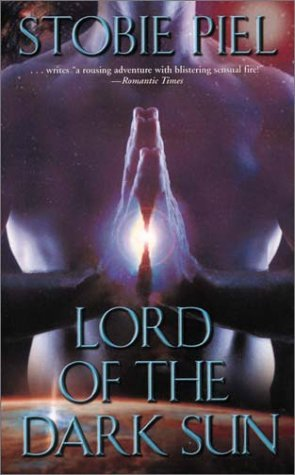What is Formalist/Formalism?
- Jan 22, 2017
- 2 min read
Updated: Jul 18, 2020
DEFINITION:
“A term applied to criticism that emphasizes the form of the artwork, with ‘form’ variously construed to mean generic form, type, verbal form, grammatical and syntactical form, rhetorical form, or verse form” (Harmon & Hugh 225).
Russian Formalism:
“A lively and important multidisciplinary school that flourished around 1920. It emphasized form over content, ‘device’ over message, and strangeness over familiarity.”
WHAT DOES THIS MEAN TO ME?
Growing up in the time-period I did formed how I dissected and approached literature. My approach as a book-reviewer has been through this lens too, although not completely as I enjoy variation.
I’ve learned Formalism is also called New Criticism, or used to be. This approach to literature involves a close reading of the text because all information is viewed as essential to the interpretation. the work itself is what matters, nothing outside the work. Formalistic critics spend much time analyzing irony, paradox, imagery, and metaphor. They are also interested in the work’s setting, characters, symbols, and point of view and not things like the author’s life, history, politics, or society at the time. They don’t view the work through a feminist lens, nor do they view it through a psychology, mythology, or any other standpoint because they don’t care abut the affect on the reader either. 🙂
I have to look at other terms used to dissect text.
Historical analyzes a work based on the author’s intention. This is looking through the lens of the author. Historical wants to know what the author’s intention was. Its about the author.
Formalists analyzes a work based on itself, what devices are used (plot, setting, rhythm, rhyme, etc.) They formulate the underlying systems of convention which evaluate the dynamic relationship among the concepts. A formalist wants to know to what degree is Huckleberry Finn a flat character? Does the setting reinforce the theme? Its about the work.
Reader-response. We vies he text through the lens of the audience. Its about the audience.
Intertextual. We view the text through the lens of other literary works. Its about comparison to similar work.
Mimetic. Its about reality. We view the text through the lens of reality. Does the text imitate reality?



Comments